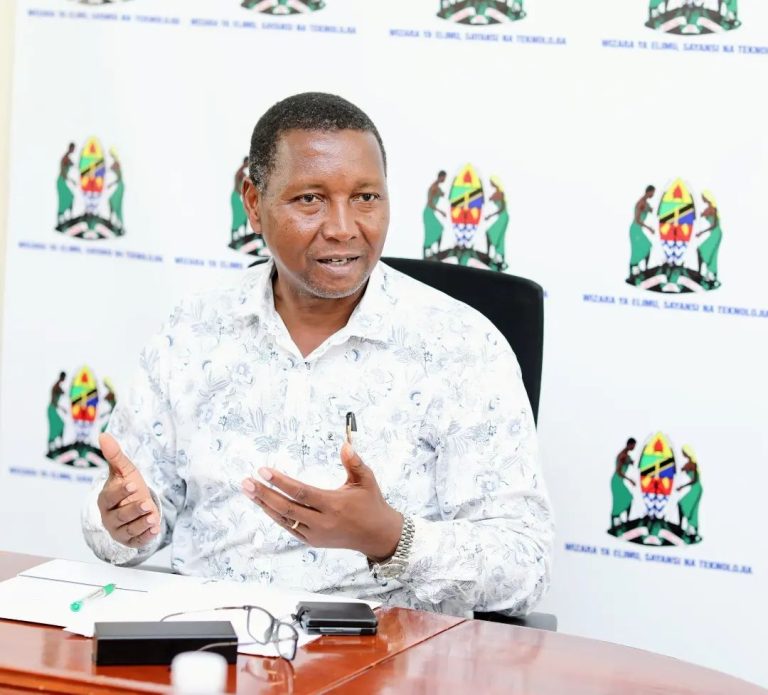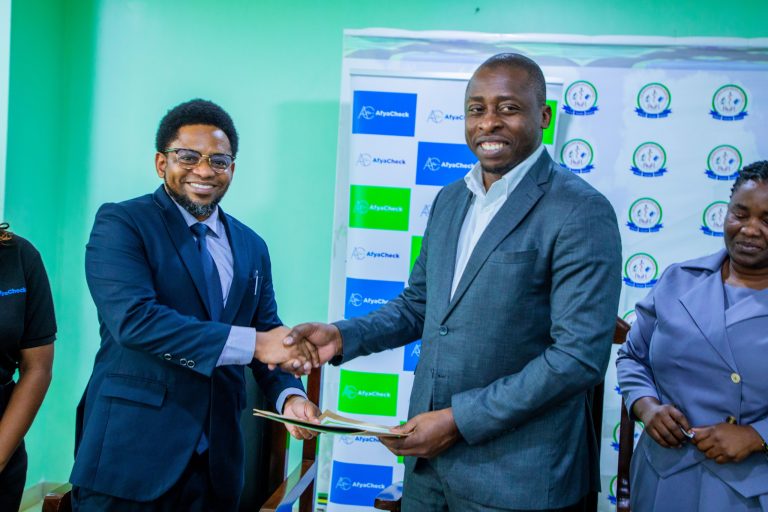
KEY INFORMATION
With more than 200 million speakers, Swahili is one of the world’s 10 most widely spoken languages.
Somalia Now Work To Ensure Swahili Become A Language Of Communication, Trade and Learning.
SOMALIA. Somalia, the easternmost country in continental Africa, is working to introduce Swahili language to its national curriculum, the country’s president has announced.
English has been used as the language of instruction in Somalia for most subjects at secondary schools, with Arabic the only other compulsory second language taught at the moment.
But President Hassan Sheikh Mohamud said Swahili should also be taught at schools and universities, making the declaration at a summit of the East African Community (EAC) that is taking place in the capital, Mogadishu.
Somalia officially joined the eight-nation regional trading bloc last year with the intention of boosting economic growth following three decades of war.
With more than 200 million speakers, Swahili is one of the world’s 10 most widely spoken languages.

President Hassan Sheikh Mohamud
“The country’s universities, especially the Somali National University, should focus more on developing the Swahili language, which is the language of East Africa,”
“Adopting Swahili is important for our integration into the region,” President Mohamud said.
Somalia’s Education Minister, Mr. Farah Sheikh Abdulkadir said that the government had great ambitions for the adoption of Swahili nationwide.
“We want to see Swahili become a language of communication, trade and learning – even replacing English during our next conference,” he said at the EAC gathering.
Swahili dialects are already spoken along Somalia’s southern coast and the language has been used more widely around the country in recent years – one of the consequences of the civil war that erupted in 1991 and brought decades of instability and more recently jihadist violence.
Hundreds of thousands of people have sought refuge over the border in Kenya, many going on to learn how to speak Swahili – especially those who have gone through the Kenyan education system.
As the situation in Somalia has somewhat stabilised in recent years, some of these fluent Swahili speakers have returned or have links back home, while the presence of African Union troops has also seen the language grow.
These soldiers, many from East African nations, have been deployed since 2007 with Swahili often their common language.
Until 2016, Arabic was the language of instruction in Somalia at junior schools and English at secondary and tertiary levels.
Now the primary school national curriculum is taught in Somali with the curriculum remaining in English for higher education – and Arabic used at madrassas, or Islamic schools.






